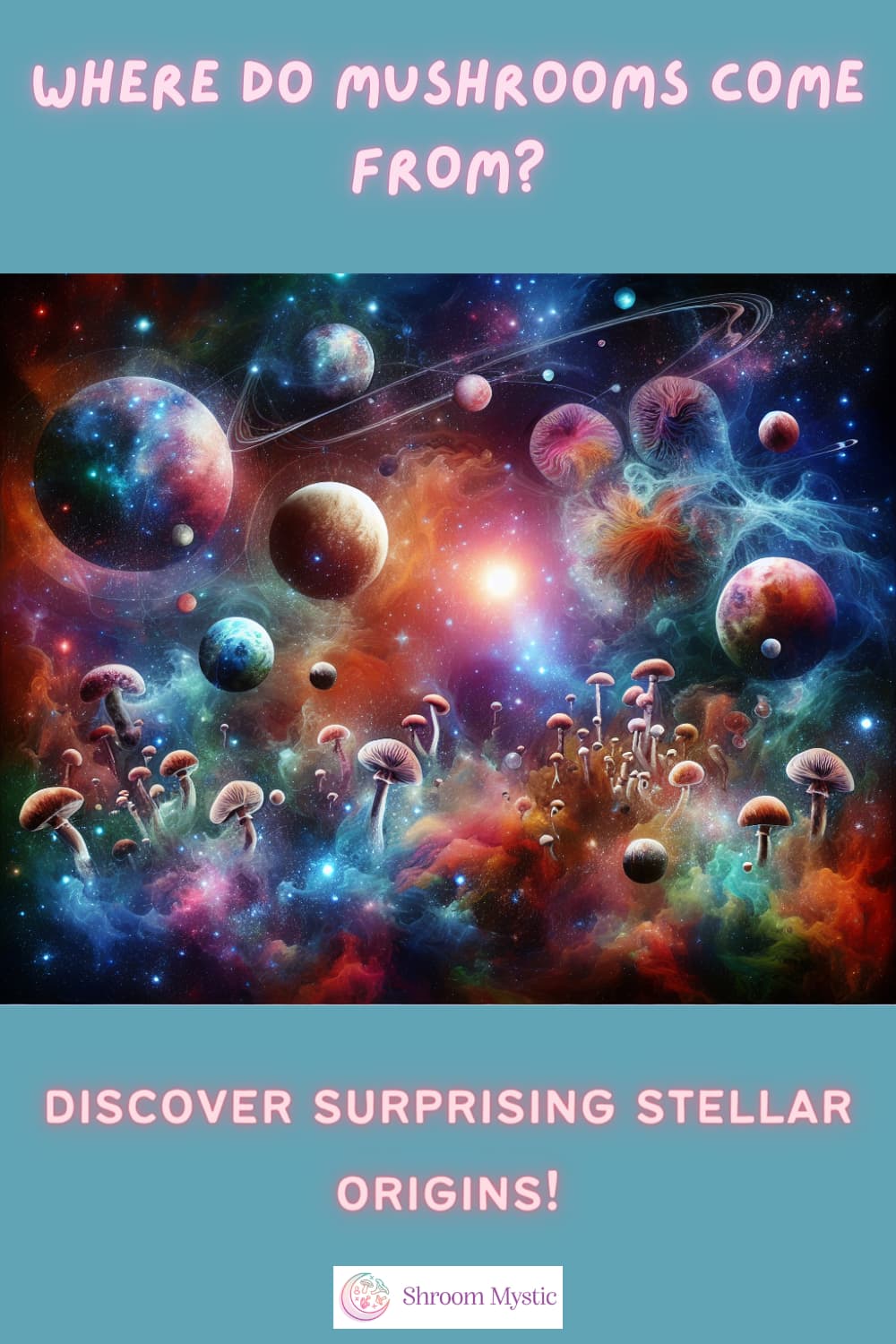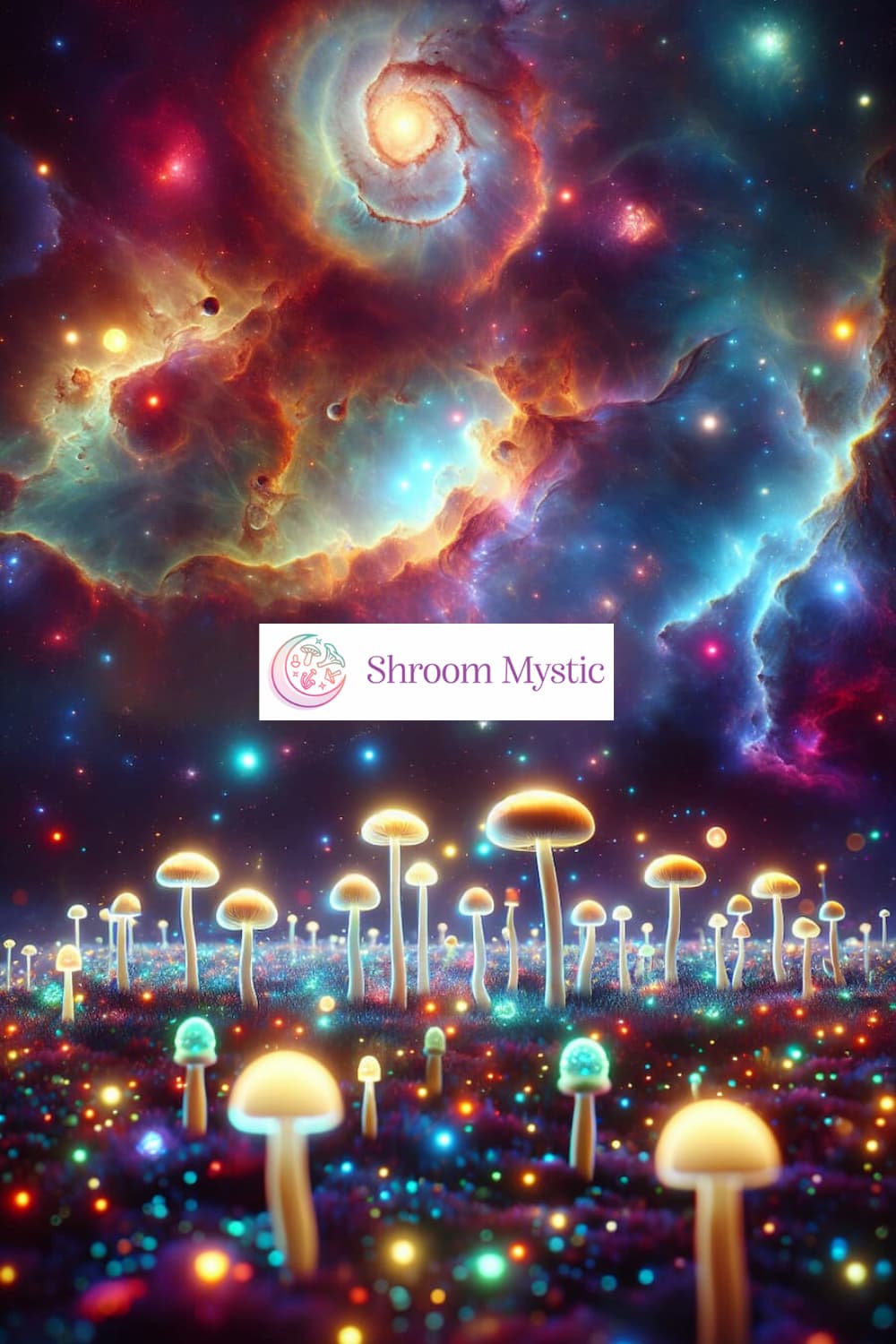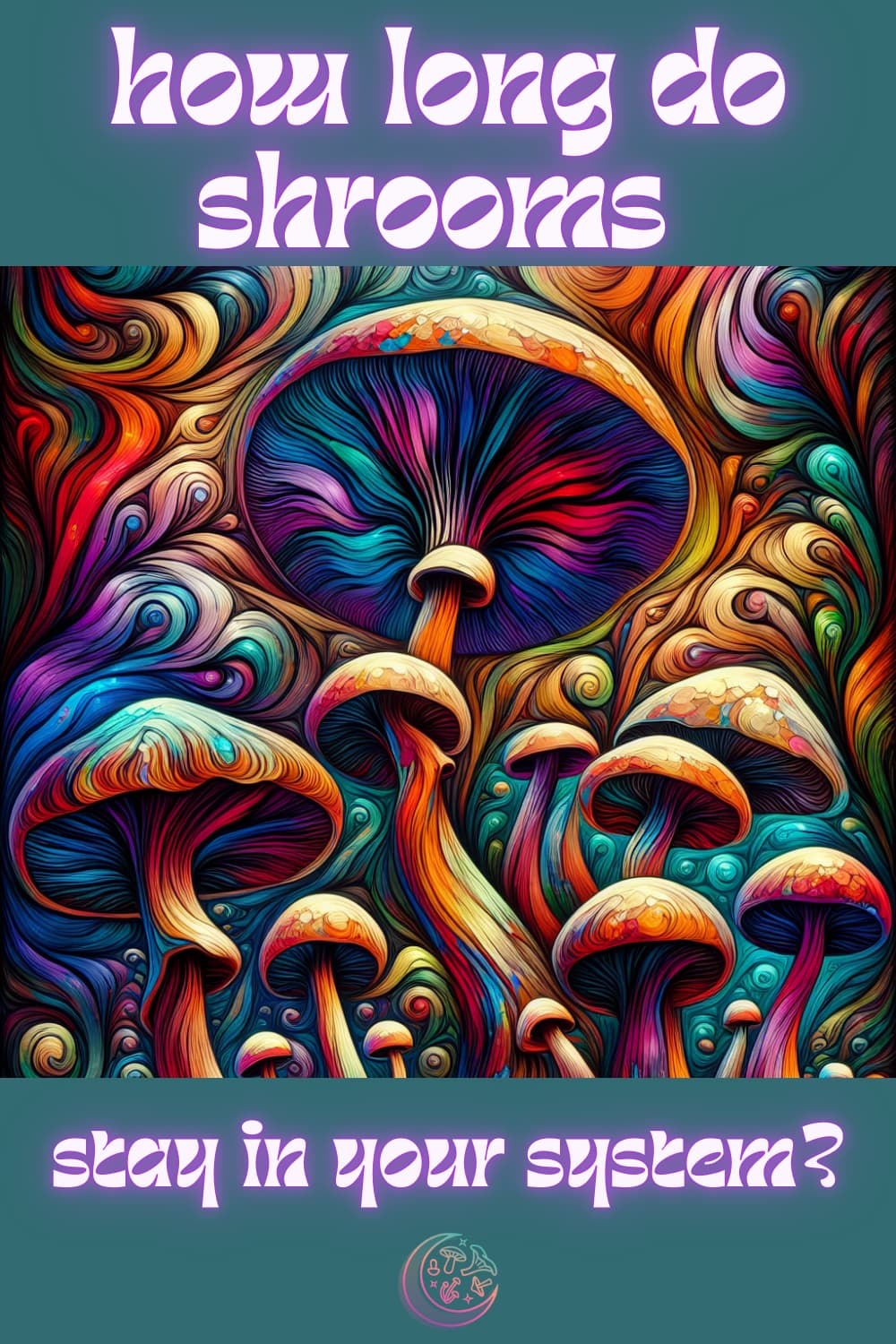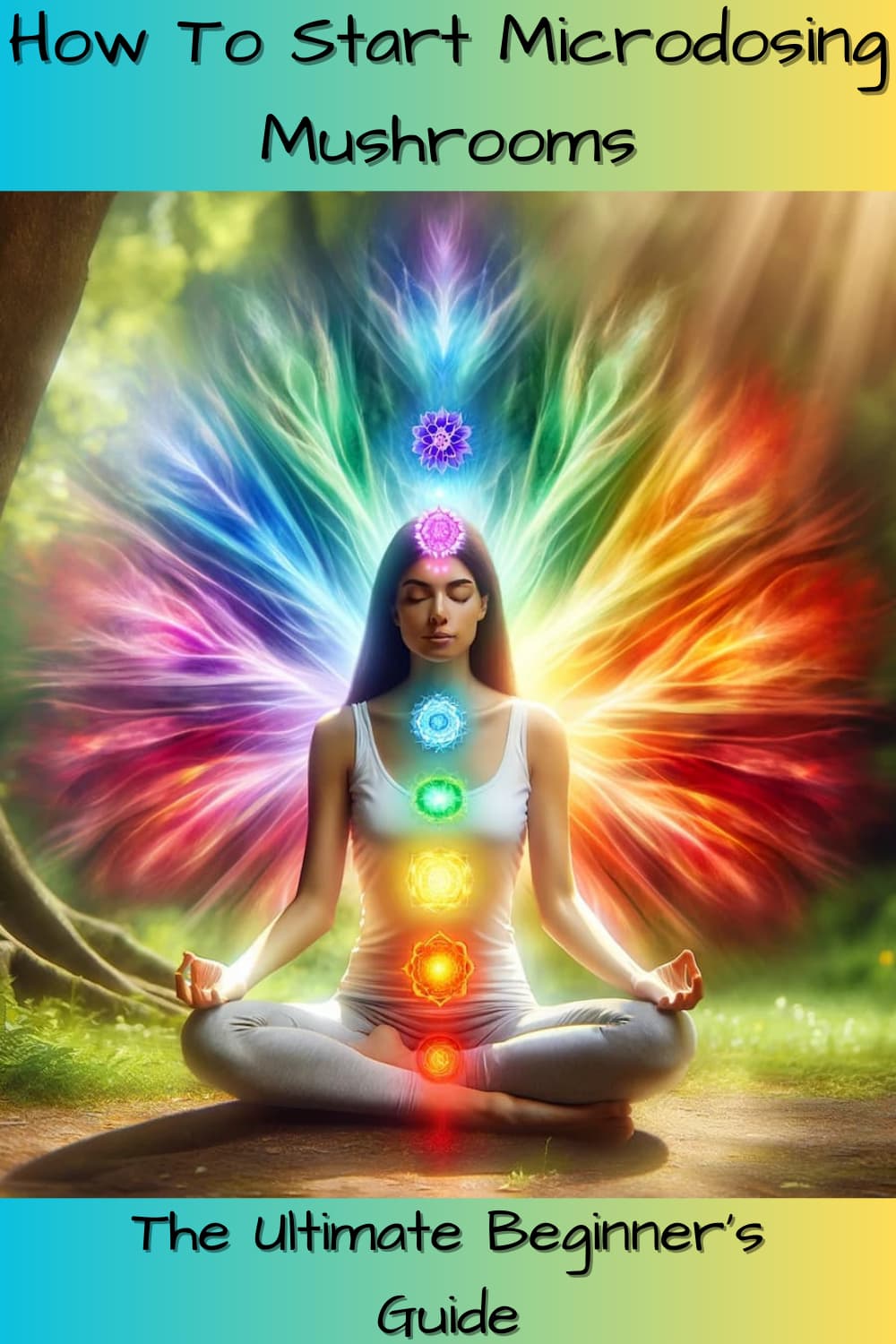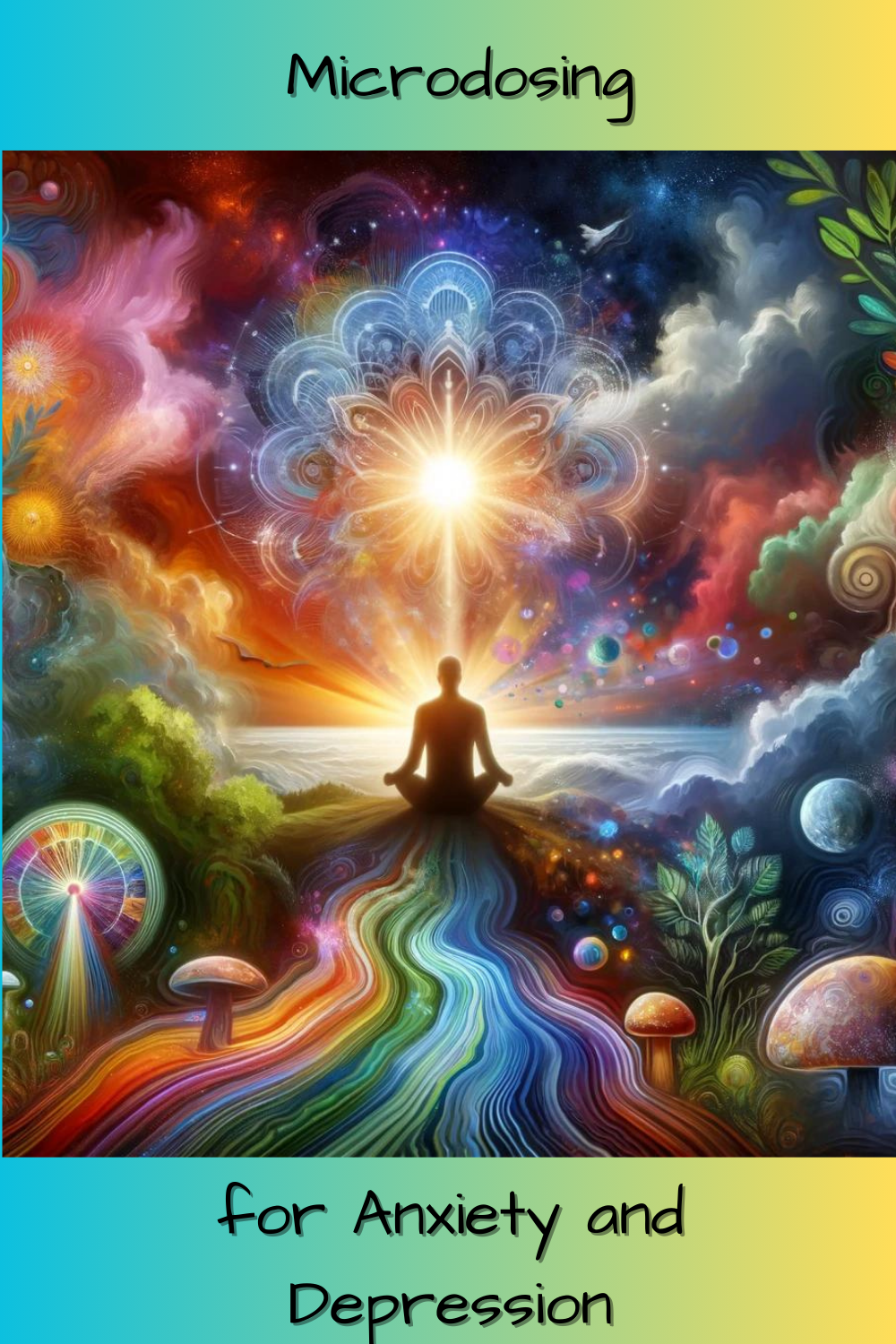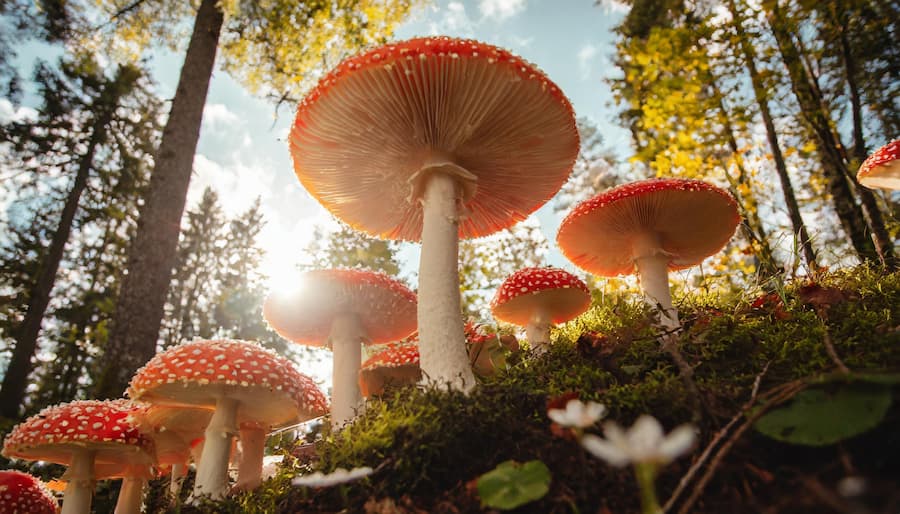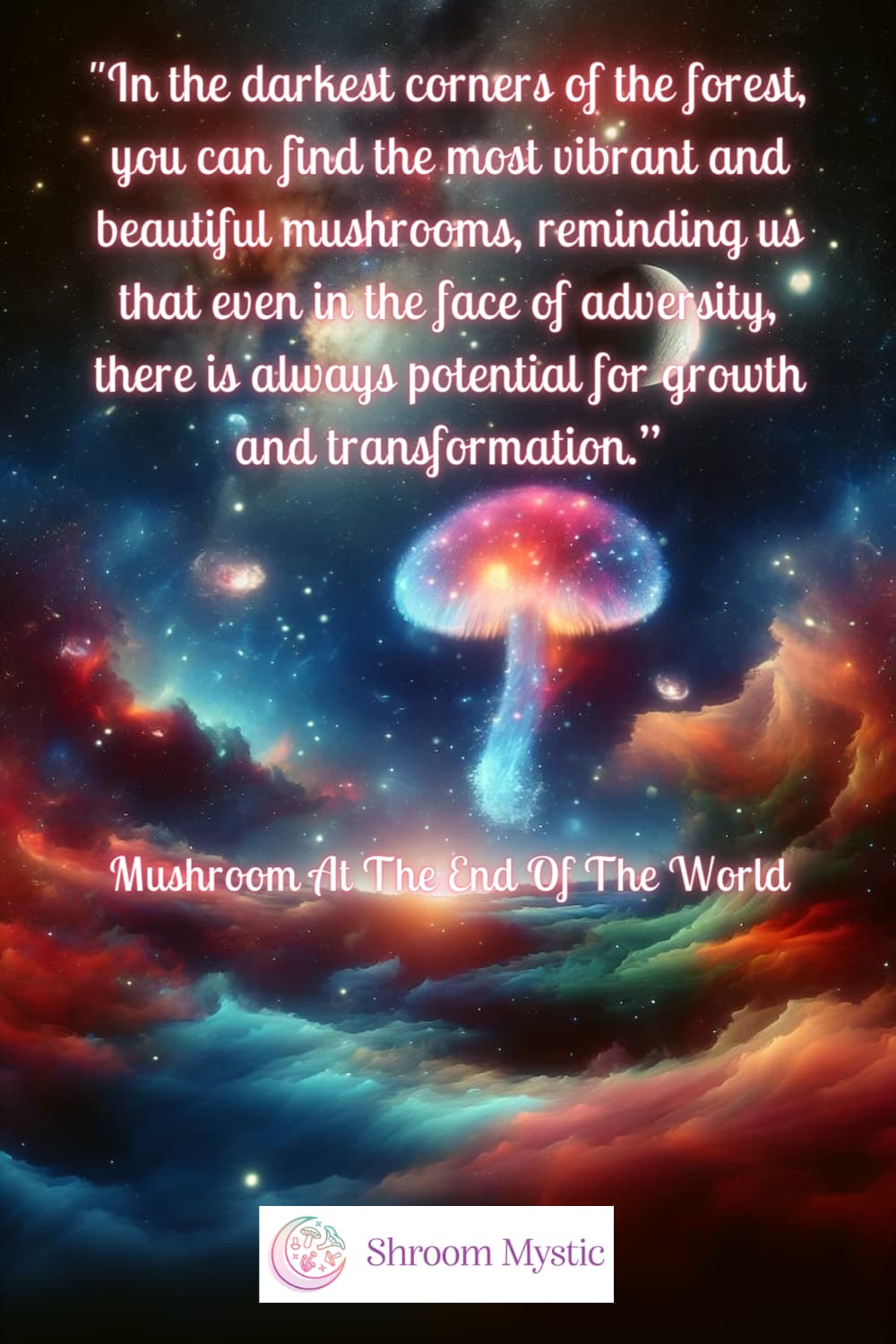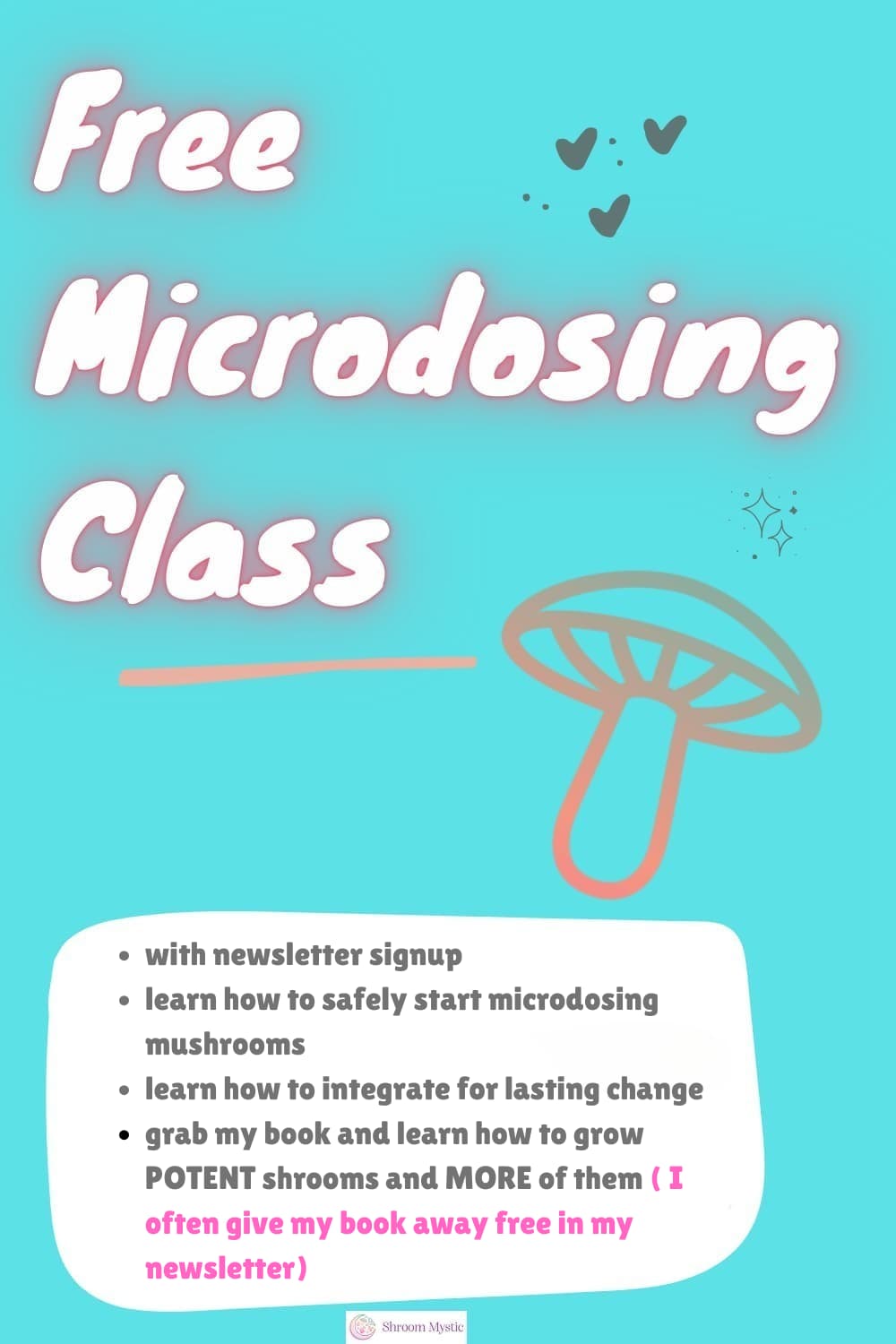"We know that fungi were the first organisms to come to land. Their enzymes liberated rocks and created soil—the interface between organic and inorganic nature."
Paul Stamets
FREE MICRODOSING class with newsletter sign up. Click here!
Where Do Mushrooms Come From?
The Astounding Space Journey Story
Hey there!
You found yourself here pondering the question...
"Where do mushrooms come from?"
It’s a fascinating query that has intrigued both scientists and enthusiasts for years.
While we often think of mushrooms as merely pinning from decayed leaves and damp wood, there’s a lot more to their story...
Especially intriguing are the big theories suggesting that these mysterious fungi might have origins far beyond our Earth.
Before diving into the more extraordinary theories, let's establish some basics.
Are mushrooms a fungi?
Yes, they most certainly are.
Belonging to the kingdom Fungi, mushrooms are more closely related to animals than plants.
And...
Genetically, more closely related to humans than any plant or monkey...
Back to that in a moment.
What I'm suggesting is that the mushroom has actual potential for altering, at a fundamental level, the thought processes, the rhythm of the neuronal firing, the synthesis of neurotransmitters, all of these things which we assume are uniquely human and uniquely ours.
Terence McKenna
Unlike plants, they don’t perform photosynthesis.
Instead, they absorb nutrients from their surroundings, playing crucial roles in ecosystems by breaking down organic matter and recycling nutrients.
Now, let's sprinkle a bit of cosmic mystery on our earthy fungi.
One of the most gripping theories about the origins of mushrooms is the panspermia hypothesis.
Panspermia is the belief that the life on earth derives from “seeds” of extraterrestial origin.
Imagine the sight of ancient cosmic travelers, carrying potential seeds of life, migrating across the vast darkness of space and finding a new home on our planet.
"I believe that the earliest human ancestors were probably mycophiles, for the essential polysaccharides and other nutrients in mushrooms would have promoted brain development."
-Paul Stamets
The idea might sound like pure science fiction...
But think about it:
Certain fungal spores have demonstrated remarkable resilience.
They can withstand extreme temperatures, radiation, and the vacuum of space.
These hardy characteristics bolster the idea that they could potentially survive interstellar journeys and seed life on planets, including Earth.
One strong advocate of this panspermia theory was Dr. Francis Crick, the co-discoverer of the DNA double helix.
He proposed that certain aspects of life on Earth, including complex molecules found in fungi, seemed almost too intricate to have originated here independently.
Crick suggested that life might have been intentionally sent here by some advanced civilization, or naturally via panspermia.
Think about it from a logical perspective:
Why would mushroom spores have the technology to travel through space and time, yet be terrestrial from Earth?
Seems like a waste of technology to me to be stranded to one planet only...
Popular Articles...
Where do mushrooms come from???
Further adding to the intrigue, mushrooms exhibit rapid growth rates under optimal conditions.
How fast do mushrooms grow?
Some can double in size overnight or even quicker, responding dramatically to moisture and temperature changes.
It really, truly, is remarkable to witness the growth of mushrooms at home.
This explosive growth potential leads some to believe in the unique adaptability and mysterious origins of fungi, complementing theories of their cosmic journey.
Mushrooms uniquely bridge the gap between life and death, matter and spirit. They can decompose matter... but also create new life from decay. I believe our deep connection with fungi has shaped human evolution in profound ways.
Paul Stamets
If you’re exploring mushrooms beyond the everyday fungi in your backyard, it’s also worthwhile to consider the significant role they play not just ecologically, but possibly existentially.
Imagine the earthy aroma of a forest floor, where mushrooms pin from rich, ancient soil, nurtured by nature's timeless cycle.
Picture this moss-covered wonderland, and think of how mushrooms were thriving here long before us.
Picture mushrooms as giant as 2 stories tall...
Click on this link to meet Prototaxitis.
Prototaxitis is the giant fungus that towered 26 feet tall over 400 million years ago.
Mushroom mycelium: The original world wide web
Contemporary mycologists like Paul Stamets have also delved into the more far-out theories.
Stamets has often highlighted the exceptional capabilities of fungi and their extensive mycelial networks that operate almost like a natural internet, suggesting mushrooms could be regarded as intelligent organisms.
He explores the possibility that their traits point to an otherworldly origin.
The mycelium network beneath our feet is a testament to the interconnectedness of all living beings, teaching us humility and reminding us that our actions have far-reaching consequences.
-Mushroom At The End Of The World
The trees are dependent on mushroom mycelium for communication of their nutritional needs to other trees...
And the mushroom mycelium delivers those messages via an information superhighway...
Very much like the human nervous system.
Sooo....
"How long humans have been using mushrooms for shamanistic and religious purposes is unknown, but they are certainly tied deeply into the psychospiritual evolution of our species."
-Terence McKenna

Why wouldn't they be considered intelligent?
The evidence supporting these theories is admittedly mostly circumstantial but fascinating.
For instance, some researchers have found fungal DNA sequences that appear unexpectedly ancient, suggesting that fungi could be among the earliest forms of complex life on Earth—possibly having arrived from outer space.
Back to the roots
So, further digging into the question, "Where do mushrooms come from?"
They come from the Earth!
Mushroom mycelium, the roots of mushrooms, which covers 30% of the Earth, and is a single cell wall thick organism.
This organism is so intelligent, whenever it comes upon a food source it has not eaten yet, she simply pauses for a moment to create the enzymes she needs to eventually break down the foreign food to consume.
Even radioactive waste AND asphalt.
The mushroom speaks, and our opinions rest upon what it tells eloquently, technicolored data streams, evolving suns, stained-glass archipelagos of sound and breathing. It is an experience that forces us to re-learn the meaning of the word 'real'.
Terence McKenna
Mushrooms, and mushroom mycelium, are the ultimate decomposers.
They break down whatever is in their path to create new life in its place.
The ultimate circle of life.
We have so much to be grateful for when it comes to mushrooms and mushroom mycelium and what they do for our planet, for us, just quietly, yet profoundly underneath the surface of our feet.
I’m hard to convince this is not an intelligent species…
Again…one cell wall thick.
I believe there is a lot of wisdom and evolution in simplicity.
When you savor the thought of foraging through lush underbrush, discovering hidden mushrooms, it's exciting to consider their silent, possibly cosmic voyage.
Astrobiologists also note that, if life can indeed survive space travel, fungi like mushrooms would be prime candidates.
"I believe that the most transformative event in the evolution of human consciousness was the discovery of these psychoactive mushrooms, which literally changed our ancestors' brains, enhancing their cognitive and perceptual abilities."
-Terence McKenna
Their tough, chitinous walls and spore-forming ability make them more likely to endure the extreme conditions of space than many other life forms.
Let’s take a moment to feel the serenity of an autumn forest, with cool, crisp air carrying the promise of new fungal growth amid the fallen foliage.
Each mushroom cluster you come across could be part of a grand cosmic story, a testament to the intricate balance of nature and, possibly, the universe.
So, where do mushrooms come from?
While many aspects of their origins remain grounded in Earth's soil, the compelling panspermia theories open our minds to the stunning possibility that these resilient fungi might be part of a broader cosmic narrative.
Whether you’re looking to grow your own mushrooms or forage deeper into their mysteries, the story of mushrooms is anything but ordinary.
Dig in, explore, and allow your curiosity to flourish just like the fungi in your garden.
If you purchase a product through the links on this page, I receive a small commission at no cost to you. I was not paid to review these products, and I did not receive them as freebies. I'm suggesting it to you because I own it and love it, and I think you would, too. For more info, please see this policy.
As an Amazon affiliate, I earn from qualifying purchases.
